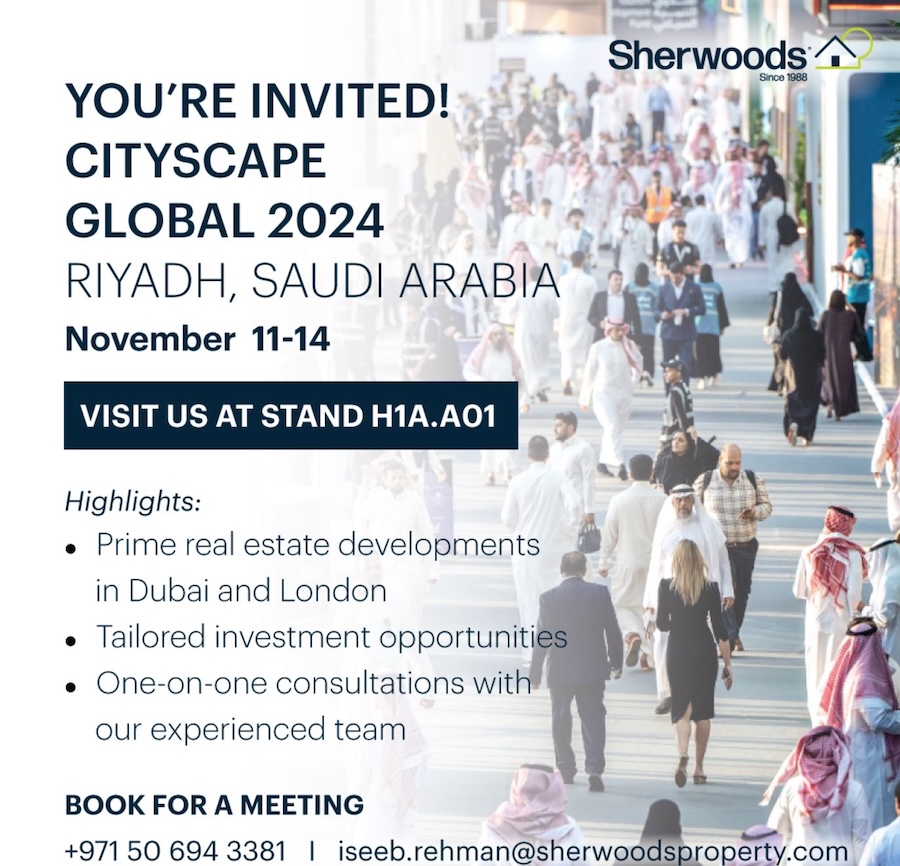Watch: Sheikh Hamdan approves Jebel Ali Beach Development Plan

Dubai: Sheikh Hamdan bin Mohammed bin Rashid Al Maktoum, Crown Prince of Dubai and Chairman of The Executive Council of Dubai, on Sunday approved the Master Plan for the Jebel Ali Beach Development Project.
Extending 6.6km, the beach is set to become a distinctive recreational destination that places a high priority on environmental preservation and the protection of local ecosystems and wildlife.
The move follows the directives of His Highness Sheikh Mohammed bin Rashid Al Maktoum, Vice President and Prime Minister of the UAE and Ruler of Dubai, to create the world’s best public beaches in the emirate.
Sheikh Hamdan has also approved the architectural designs for the project’s buildings and facilities, which feature a unique blend of aesthetics and functionality tailored for various beach activities.
The project features exceptional services, facilities, and public amenities. Offering a new eco-tourism experience, visitors to the beach can enjoy watching turtles in their natural habitat.
Safe nesting environment
Various measures and regulations will be put in place to protect them and provide them a safe nesting environment. These efforts align with the efforts of relevant bodies in the UAE to rescue, rehabilitate, and return turtles to their natural habitat and preserve the UAE’s rich marine environment.
Sheikh Hamdan bin Mohammed said: “Driven by the directives of His Highness Sheikh Mohammed bin Rashid Al Maktoum, we are committed to developing the infrastructure and services needed to offer diverse urban experiences for citizens, residents, and visitors. Our focus is on creating spaces rich in beaches, open areas, and recreational greens. The ultimate goal is to enhance the well-being of the city’s people, create a healthy environment for all and make Dubai the world’s best place to live in.”
Open beach
The project aims to create a unique, attractive recreational beachfront with a strong emphasis on protecting the environment and supporting the emirate’s sustainability and eco-tourism goals. The beach’s development will ensure the preservation and enhancement of ecosystems and wildlife at the site, including enhancing turtle habitats and planting mangrove trees, which will contribute to blue carbon footprint growth and provide an open beach with minimal impact on ecological and biological systems.”
Three locations
He said, “The beach will be divided into three locations: the Pearl (on the right side near the entrance of Palm Jebel Ali), a centre for beach and recreational activities with options for a lively family beach, sports activities, a swimming pool, kids play zones, a beach club with a pool and private beach for a fee, several restaurants, cafes, shops, and a floating restaurant in a unique location.
“The second site, named the Sanctuary, offers a haven for turtles and natural habitats. This area places the highest priority on environmental conservation, housing recreational and sports activities that enhance safe environmental exploration.
“The third site is the Nest (within the mangrove area), offering a recreational educational destination featuring a mix of educational initiatives and environmental conservation. It includes an environmental centre for studies and awareness of biodiversity, turtle rehabilitation and care programmes, and opportunities for visitors to learn about and help preserve the coastal ecosystem,” noted Al Tayer.
“The architectural design of the buildings and facilities of the Jebel Ali Beach Development Project is inspired by a mix of natural geometry, drawing from shapes found in marine nature such as coral and turtle shells, as well as the Boho Syle, which uses elements and materials available locally. The buildings resemble the natural dunescape. The project offers several investment opportunities, such as restaurants, leisure centres, and commercial kiosks, to ensure maximum comfort for beachgoers and meet their various needs,” explained Al Tayer.
Health and service facilities
The beaches will be fitted with public health and service facilities, such as restrooms, shower areas, and changing rooms along the beaches, designed according to the top global practices, ensuring comfort and privacy. Additionally, the project will feature 10 areas designated for recreational and kids play zone, beach and physical sports, and barbecue areas, along with beach rest areas and spaces for seasonal events with secured entrances and exits. About 1,400 parking spaces for cars and buses, including dedicated spaces for charging eco-friendly cars, will be provided, as well as drinking water stations, irrigation networks, and sewage disposal systems extending over 5 km, along with modern automatic irrigation systems to increase green spaces.
Eight beaches
Dubai currently has a total eight public beaches: Al Mamzar Beach, Al Mamzar Corniche, Jumeirah 1, Jumeirah 2, Jumeirah 3, Umm Suqeim 1, Umm Suqeim 2, and Jebel Ali Beach. All of them have obtained the globally prestigious Blue Flag accreditation provided to public beaches that meet its criteria including compliance with the programme’s standards such as marine water quality, environmental education, environmental management, public safety, and services for five consecutive years.









